Review
This is the last diesel-powered van Mercedes will make, and they don’t even make it themselves. If the Citan looks familiar, that’s because it shares much with the Renault Kangoo and the Nissan Townstar, each of which is a capable competitor in the compact van sector.
And competition is fierce, with a long list of rivals keen to provide transport to the SMEs that buy the Citan. The Citroen Berlingo van is the best seller, ahead of the Fiat Doblo, Ford Transit Connect, Ford Transit Courier, Peugeot Partner, Toyota Proace City, Vauxhall Combo, Volkswagen Caddy, and, arguably, the Toyota Corolla Commercial.
Mercedes doesn’t offer many choices for buyers to pick and choose the precise model they need, with the Citan available with one engine choice, two trim levels, and two body lengths. Under the bonnet, there’s a 1.5-litre diesel engine producing 95hp and 260Nm of torque, with power going to the front wheels via a six-speed manual gearbox.
An electric eCitan is also available. Its 45kWh battery pack provides up to 176 miles of range, and 121hp is available to pull the zero-emission van.
If diesel still rules, then the 1.5-litre unit is a good engine to have under the bonnet. It’s particularly smooth and, despite the rather parsimonious output, has enough poke to pull the Citan to 62mpg in 11.7 seconds. It’s certainly got enough power to keep up with traffic, although we never ran the van carrying the maximum payload — that’ll slow things down a little.
It’s rather pleasant to drive, too, with suspension that does a good job of masking the imperfection of the UK’s roads. Mercedes has worked on the suspension to separate it from its Kangoo and Townstar siblings, giving it a firmer ride that pays dividends on twisty roads, where it’s a delight to drive.
Wind and tyre noise is also kept reasonably well isolated from the cab, which has been completely redesigned for the Mercedes version of the trio of closely related vans. It’s as Mercedes-like as we’ve seen, with four circular air vents along the top of the dashboard, with the central pair sandwiching a 7.0-inch infotainment screen. In addition to the manufacturer's own MBUX operating system, which is smart, intuitive, and quick to respond to the touch, it also comes with Android Auto and Apple CarPlay smartphone connectivity.
Less convincing are the steering wheel controls, which consist of touch-sensitive panels that you can press or swipe to select a multitude of options. It’s difficult to find what you need by touch alone, which leads to many operations being carried out in error.
At least there are chunky dials for the heating and ventilation, and a row of physical shortcut buttons on the dashboard for the essentials.
A full bulkhead separates the cab from the cargo area, which provides 2.9m3 on our L1 length van, rising to 3.6m3 for the longer L2 model. Loads of up to 1,806mm can be slotted into the back, with the L2 adding another 424mm. Access is via a single sliding door on the side (a second door is available as an option) and a twin barn-door style opening at the back. These doors swing back to 180 degrees, allowing a forklift driver to slide a couple of Euro pallets into the load bay. The maximum payload for our van was 666kg, which is some way short of Kangoo’s 850kg maximum.
You pay a bit of a premium for the Mercedes, with the Citan costing around £1,000 more than its Renault and Nissan cousins, although you get a well-equipped van for that. The entry-level Progressive model includes air conditioning, side and window airbags, heated door mirrors, and a suite of safety technology, including automatic emergency braking and a reversing camera. Upgrading to the Premium spec adds exterior style (metallic paint, 10-spoke alloy wheels, and body-coloured bumpers) and LED automatic headlights with high beam assist, amongst other items.
Fuel bills won’t put you off, with official economy of up to 53.3mpg, depending on spec. Over 400 miles of testing, the onboard computer of our test van showed we’d bettered that, although only marginally, at 53.4mpg. You’ll also only need to see your Mercedes dealer every two years (or 18,000 miles) for servicing, with the van also backed by a three-year unlimited mileage warranty.
It’s a compelling choice in the compact van sector, with a perceptible quality step up from its rivals, impressive handling, and good dealer support. The low payload and higher asking price might be enough to put some off, though.
Author:
Phil Huff
Contributor
Specs
| Manufacturer | Mercedes |
| Model | Citan L1 Diesel |
| Specification | Mercedes Citan L1 Diesel 110CDI Premium Van |
| Model Year | 2025.00 |
| Annual VED (Road tax) | £1035 |
| BIK List Price | £23,960 |
| CO2 | 140g/km |
| Insurance Group | N/A |
| CC | 1,461 |
| Fuel Type | |
| Vehicle Type | Small van |
| Luggage capacity (Seats up) | N/A |
Running Costs
| P11D | £23,960 |
| Cost per mile | 41.27ppm |
| Residual value | £8,250 |
| Insurance group | N/A |
| Fuel Type | |
| Cost per mile | 41.27ppm |
| Fuel | 11.23ppm |
| Depreciation | 26.28ppm |
| Service maintenance and repair | 3.77ppm |
Rivals
Info at a glance
-
P11D Price
£23,960
-
MPG
53.3 -
CO2 Emissions
140g/km -
Payload
N/A -
Load Volume
N/A -
Load Width
N/A -
Load Length
4,498mm



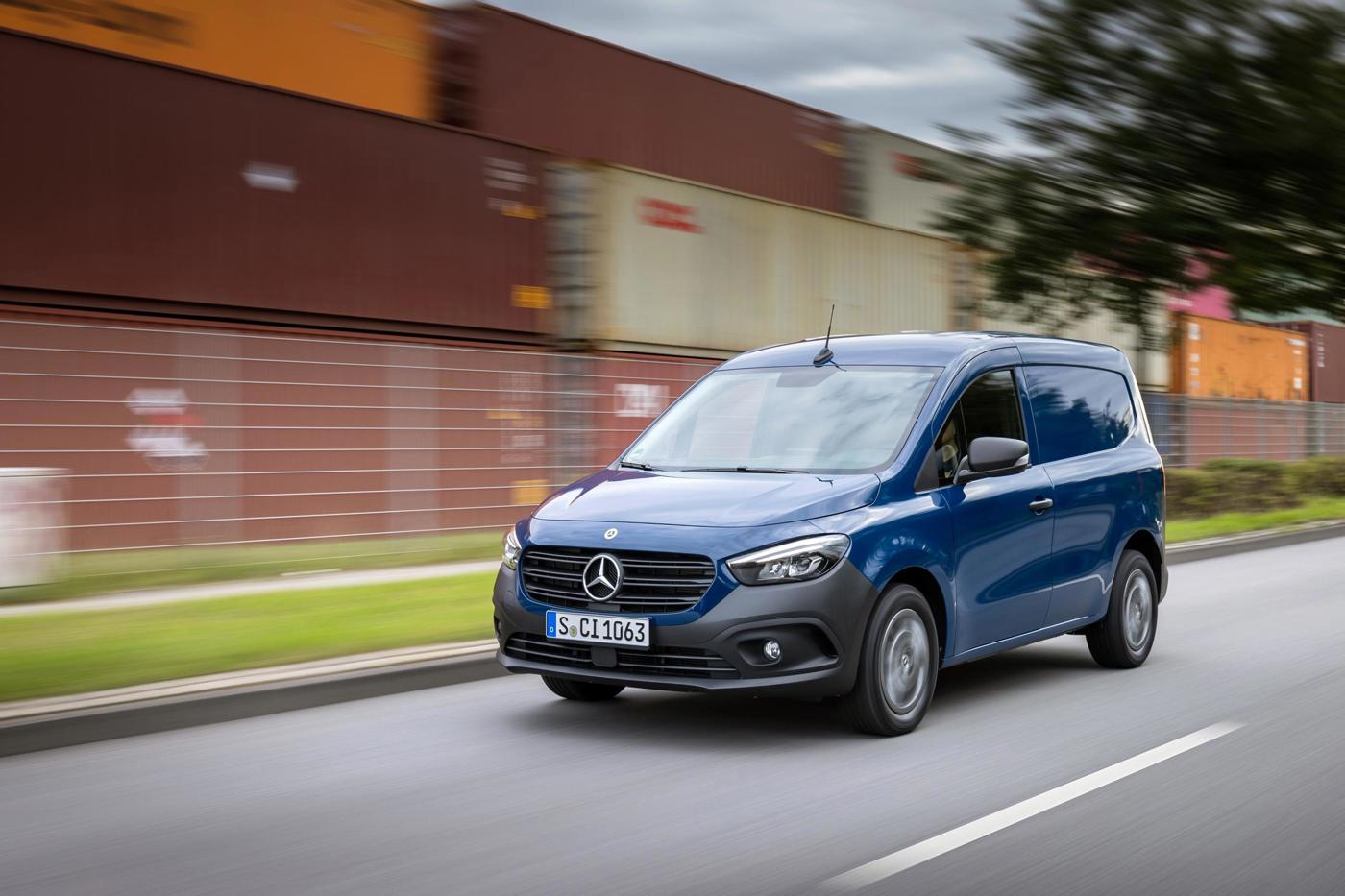

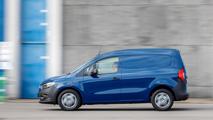
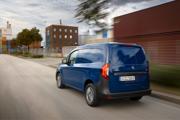
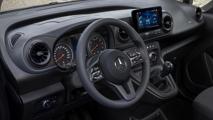
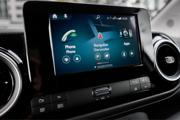
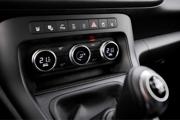

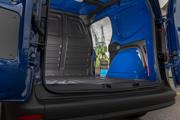

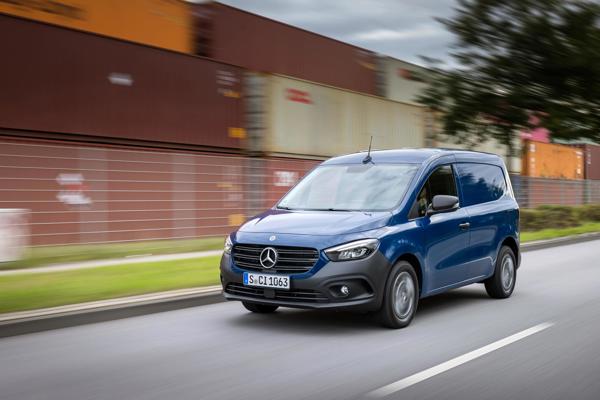
 Diesel
Diesel
 Petrol
Petrol












